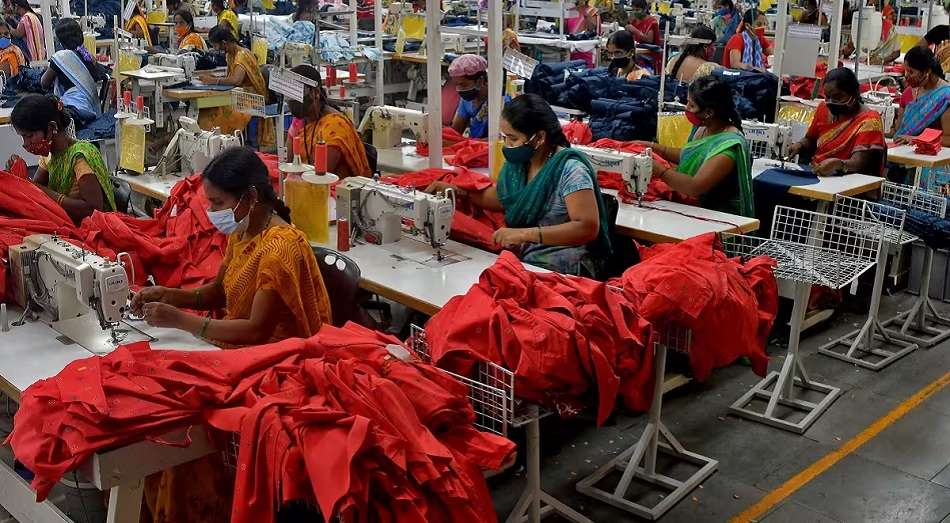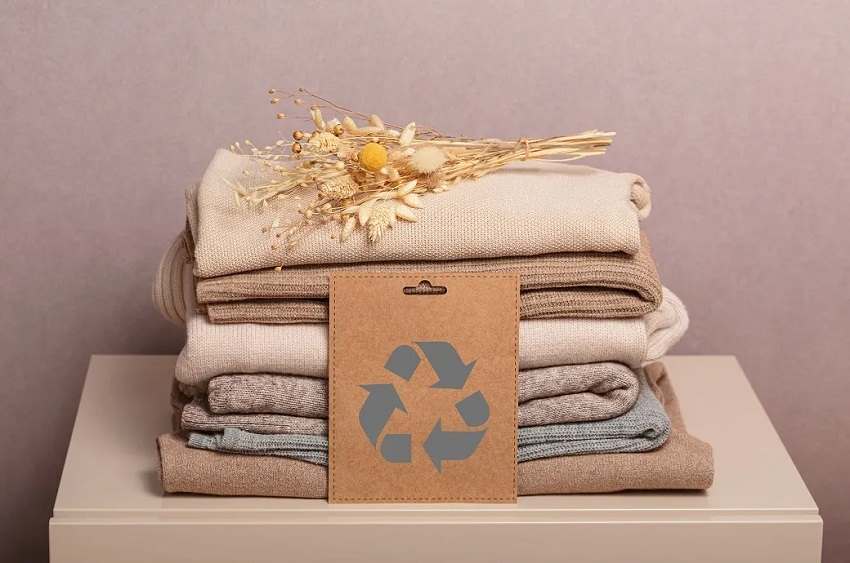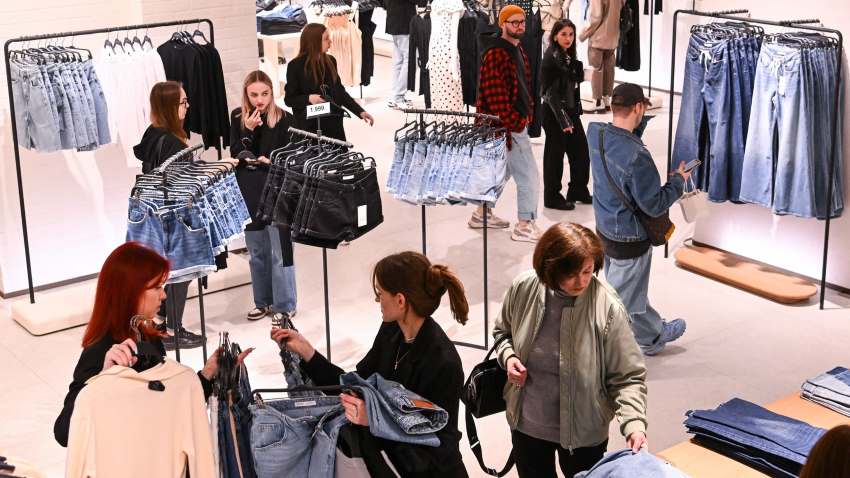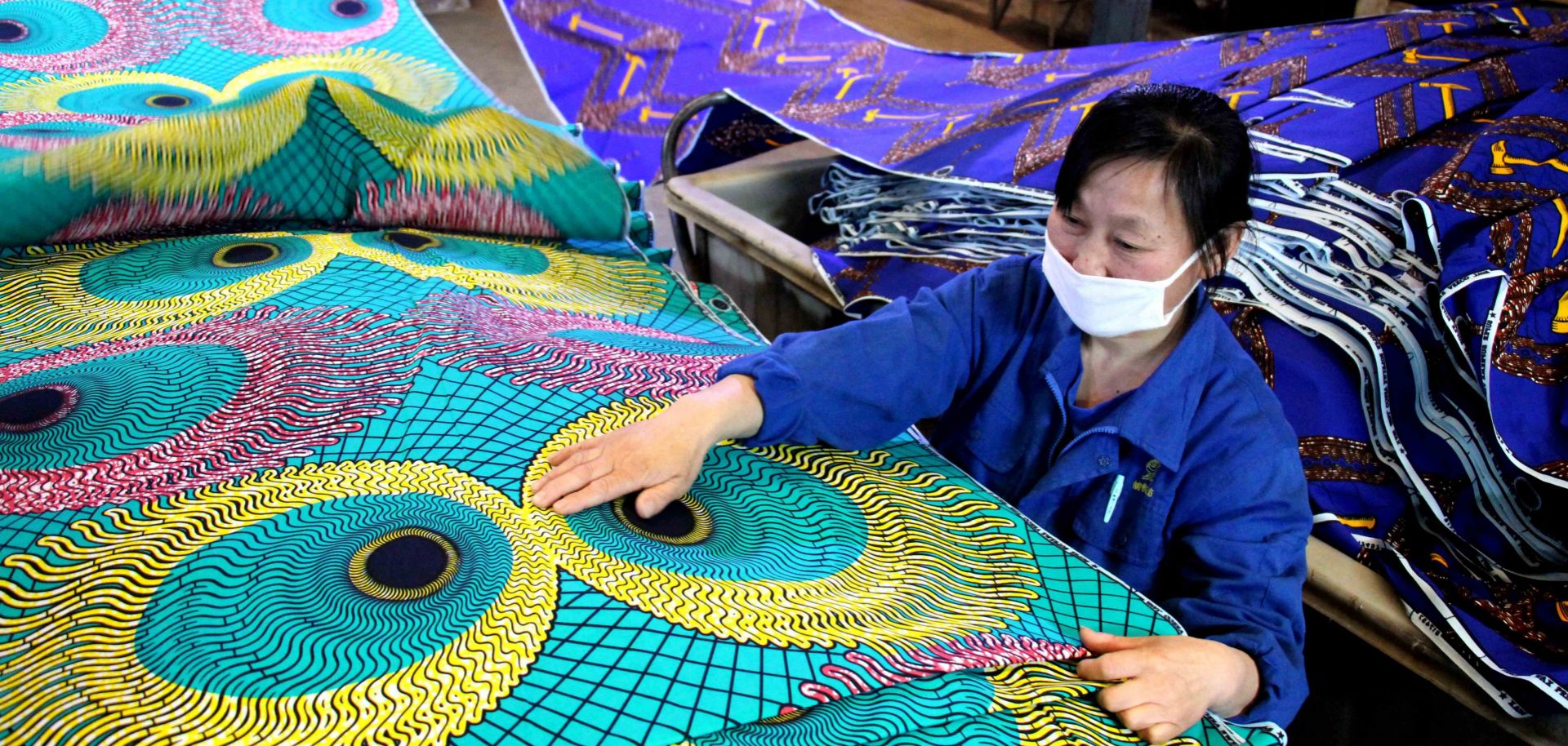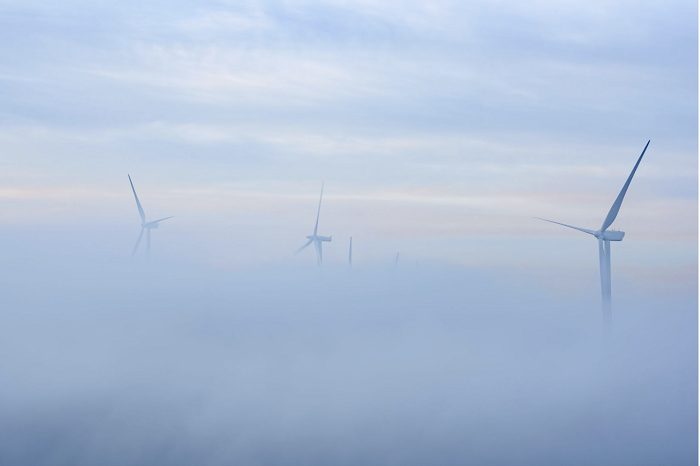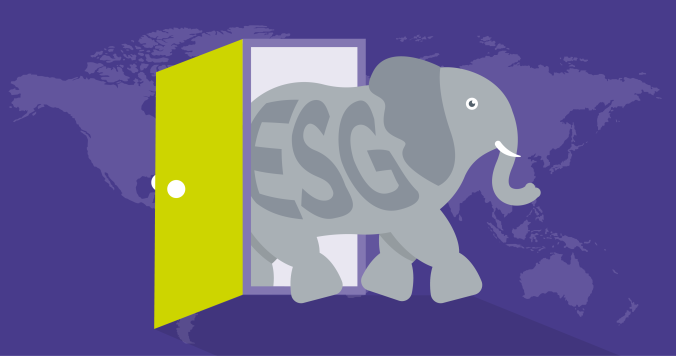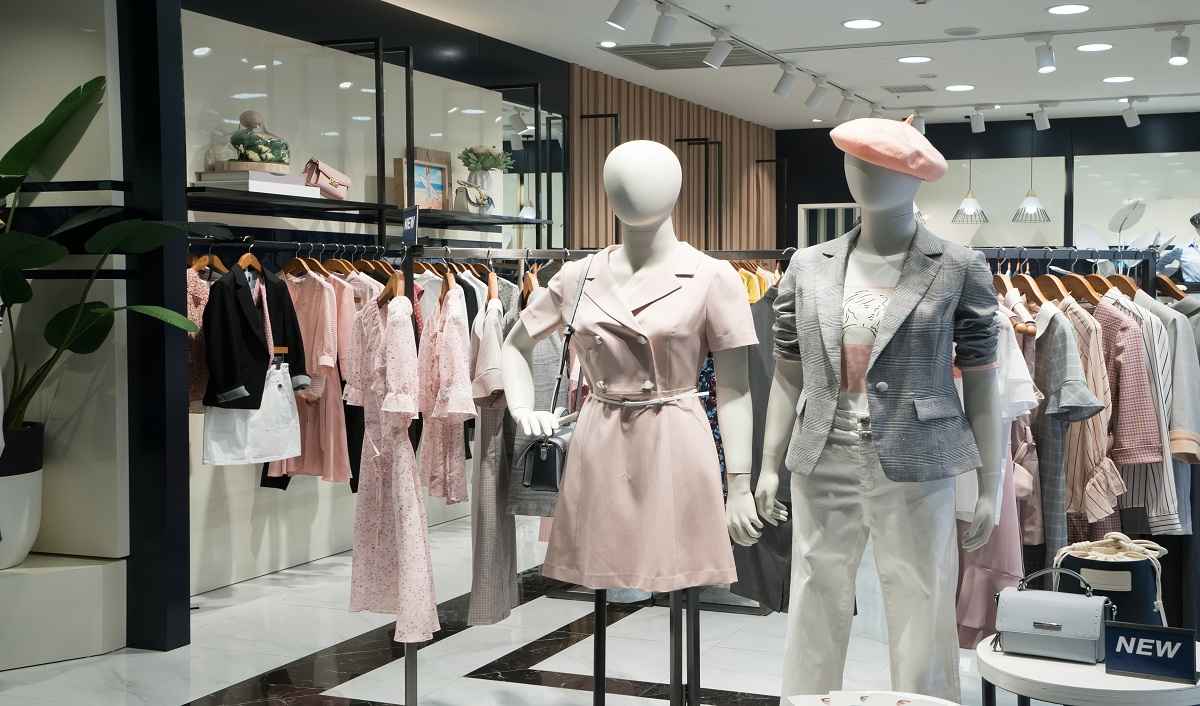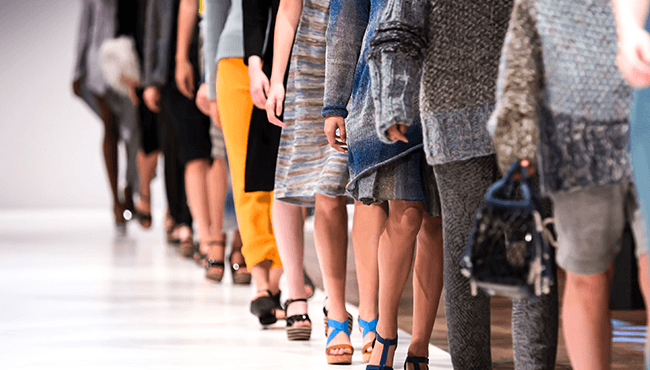FW
Creative director Tomas Maier has quit Bottega Veneta. He had joined the Italian house in 2001. With his creative vision, Bottega Veneta today embodies the quintessence of understated and sophisticated luxury. With his creative vision, he showcased the expertise of the house’s artisans.
Bottega Veneta, a part of the global luxury group Kering, offers women and men bags, small leather goods, ready-to-wear, shoes, jewelry, furniture, fragrances, eyewear and accessories. Steeped in the traditions of Italian leather master craftsmen, Bottega Veneta has nurtured a new standard of luxury since its foundation in 1966. It has emerged with a unique Italian art de vivre philosophy defined by four unchanging principles: outstanding craftsmanship, timeless yet innovative design, contemporary functionality, and the highest quality materials.
Kering manages the development of a series of renowned maisons in fashion, leather goods, jewelry and watch making: Gucci, Saint Laurent, Bottega Veneta, Balenciaga, Alexander McQueen, Brioni, Christopher Kane, Tomas Maier, Boucheron, Pomellato, Dodo, Qeelin, Ulysse Nardin, Girard-Perregaux. In 2017, Kering had nearly 29,000 employees. By placing creativity at the heart of its strategy, Kering enables its maisons to set new limits in terms of their creative expression while crafting tomorrow’s luxury in a sustainable and responsible way.
Japanese Parliament's upper house has passed a law ratifying the new Trans-Pacific Partnership (TPP) agreement of 11 countries, not counting one original member, the United States. Parliamentary approval is expected to help speed up related domestic procedures and add momentum toward the realization of an early enactment of the agreement. The TPP deal will enter into force once six or more countries complete their domestic procedures.
Ever since his presidential campaign, pledging to withdraw, US President Donald Trump has been critical of the partnership As a result, Trump signed a memorandum for US exit from the deal in January 2017. The pact mainly seeks to slash tariffs on farm and industrial products, protect intellectual property rights, simplify customs procedures and establish rules on e-commerce. It was signed in March by Australia, Brunei, Canada, Chile, Japan, Malaysia, Mexico, New Zealand, Peru, Singapore and Vietnam.
The net sales of retail giant Inditex increased by only 2 per cent to reach €5.7 billion in the first three months of this financial year. Its gross profits and the gross margin both increased by 3 per cent, the first figure rising to €3.328 billion and the second to 58.9 per cent. Meanwhile profit on an Ebitda basis rose by 1 per cent to reach €1.125 billion and net profit rose in line with the sales figure by 2 per cent at €668 million.
Inditex launched online sales in Australia and New Zealand during the first three months of the year. Its brands opened new stores in 36 markets while also continuing to absorb smaller units and expand/refurbish others. The company ended the quarter with 7,448 physical stores globally, while its refurbished stores were technologically upgraded.
The new-season H&M garments will bear hang tags bearing the words, “You’ve asked, we’ve listened! We’re changing our sizing. Try on this item to find your size.” These tags will appear on new inventory as a part of a multilateral, multinational move by the company to shift its ladies’ sizing. Affecting the US, UK, Ireland, Canada, Mexico, and Colombia markets, the hang tags will be the first obvious clues shoppers will likely encounter.
The first phase of the change, which was effected in 2017, included shifting of the brand’s XS–XXL sizing scale by one standard deviation and also adding XXS (reflecting the former measurements of XS) within Divided, a department that typically serves teens and younger customers. The second phase will encompass shifts in numbered sizing, and would soon equate a former size 12 with a current size 10, and a size 10 with an 8.
Gap Inc has appointed Neil Fiske as President and Chief Executive Officer of the Gap brand. Fiske will serve on the company’s senior leadership team, reporting to Art Peck, President and Chief Executive Officer. Armed with 20 years of brand building and turnaround experience in specialty retailing, Fiske most recently, served as Chief Executive Officer at Billabong International, where he restored the flagship Billabong brand to a position of market leadership and multi-year share growth. Prior to that, Fiske was the President and Chief Executive Officer at Eddie Bauer for five years, repositioning the company to focus on its heritage as America’s original outdoor outfitter. Fiske was also chief executive officer at Bath and Body Works, where he led the complete brand transformation, reversing a multi-year trend of negative comp store sales.
Fiske began his career at Boston Consulting Group, focused on consumer goods and retail. He graduated from Harvard Business School with a Masters of Business Administration and received a B.A. in Political Economy from Williams College.
Pakistan has not concluded any Free Trade Agreement (FTA) in the past five years. Even the revision of FTA with China remained inconclusive since the agreement was largely in favor of China and was causing a huge trade imbalance. Nine rounds of negotiation were held between Pakistan and Thailand but due to differences on a few subjects the agreement could not be signed. Pakistan felt that allowing Thailand access to its auto sector would pose challenges and put the FTA at odds with the new auto policy which aims at enhancing the domestic production. Presently, the bilateral trade is in favor of Thailand. The FTA, if implemented, is expected to lessen the trade deficit while doubling bilateral trade.
Similarly another major FTA was to be signed with Turkey but that too remained inconclusive for various reasons. Pakistan explored the possibility of a free trade agreement with South Korea but no serious efforts were made to conclude the FTA.
Pakistan has failed to benefit from any of the six bilateral trade agreements over the past decade with the country struggling to get tariff incentives from its trading partners. The country has so far signed free and preferential trade agreements with six countries, including China, Malaysia, Sri Lanka, Iran, Mauritius and Indonesia.
Eurojersey and Framis Italia have joined hands for a collaboration that combines the functional aspect of heat-bonded taping with the comfort of innovative sensitive fabrics. Eurojersey is a leader in Italian-made warp knit fabrics. Framis Italia is a leader in the application of polyurethane heat bonded applications for the apparel industry.
Sensitive fabrics are endowed with excellent technical and aesthetic properties. Comfortable and perfectly smooth, thanks to an ultra-flat surface, resistant to frequent washing and endowed with a remarkable elastic memory, they provide the perfect fabric ground for the most innovative manufacturing technologies, by artfully combining functionality and tailoring.
Thanks to NoSo Bonding Technology by Framis Italia, the heat bonded tapes applied directly onto the flat surface of sensitive fabrics support the muscles of the body while facilitating its movements. Without restriction, they conform naturally to the body, shaping the silhouette with just the right amount of support and a calibrated compression.
The NoSo Bonding Technology project, which designs and develops both heat-bonded adhesive film and the machines used to apply it, is the only guaranteed and integrated system for heat bonded joints, welds and applications without any need for stitching, offering a practical and tangible solution from product design to production.
Outdoor Industries Association (OIA) and Outdoor Sports Valley (OSV) have adopted the sustainability charter of the European Outdoor Group (EOG). In doing so, they have outlined support for its goals of pursuing best practice in corporate citizenship, responsibility and sustainability in the outdoor sector.
OIA and OSV have become the latest industry bodies to declare their commitment to the charter which, of late has seen a marked increase in companies choosing to become signatories. The EOG sustainability charter was launched in 2016.
Scandinavian Outdoor Group (SOG) has also signed up to the voluntary charter. The support of Outdoor Industries Association and Outdoor Sports Valley is seen as a clear sign the sustainability charter is gaining momentum across Europe. EOG welcomes the support of both associations and will work closely with them to help their members follow the steps towards a more sustainable future for the sector that are outlined in the charter.
A key principle of the charter is that EOG does not set out to be prescriptive but rather provides a framework designed to support participating organisations in the implementation of sustainability objectives. European Outdoor Group, founded in 2003, is an association that represents the common interests of the European outdoor industry.
The Cotton USA Sustainability Task Force has established goals for improvements in key areas of environmental stewardship, farm productivity and resource efficiency including land, water, air, input and energy use by 2025. The task force was established by the US cotton industry in 2017. It includes representatives from all US cotton industry’s seven raw cotton segments: cotton producers, ginners, merchants, co-ops, warehousers, cottonseed processors and US textile mills. The US is the world’s largest cotton exporting country and the third largest producer.
The goals set by the task force to be achieved by 2025 are: reducing the amount of land needed to produce a pound of cotton fiber by 13 per cent; reducing soil loss by 50 per cent, in balance with new soil formation; reducing greenhouse gas emissions by 39 per cent; reducing energy to produce seed cotton and ginned lint by 15 per cent; increasing water use efficiency (more fiber per gallon) by 18 per cent; and increasing soil carbon in fields by 30 per cent.
The United States cotton industry is the first to establish national, quantifiable goals for sustainability. Additionally, its farmers operate under voluminous, stringent and enforceable regulations. The industry has made great gains in sustainability over the past 35 years.
Indian farmers have been urged asked to grow cotton on maximum area as its demand is set to increase in 2018-19 due to various factors. It is likely to increase 43 per cent to 10 million bales (of 170 kg each) in the 2018-19 marketing year on strong overseas demand, especially from China.
In the last few days, traders have exported more than 1.5 lakh bales of cotton to China. Traders said there is demand for all qualities of cotton with Indian cotton selling at discounts of 7-10 cents per pound.
Indian cotton is quoted at Rs 46,500 per bale in the spot market, much lower than Rs 54,000 per bale in the US and Rs 58,000 per bale in Australia. CAI president Atul Ganatra says China has almost exhausted its cotton inventory and will be in the market to import the fibre. India has a good chance, especially with the new duty on imports from the United States.
Out of India's total cotton shipment of 6.2 million bales undertaken till May of this marketing year, 20 lakh bales have been exported to Bangladesh; 10 lakh bales to China; 12-13 lakh bales to Vietnam; 11-12 lakh bales to Pakistan; 7-8 lakh bales to Indonesia and rest to Sri Lanka and others.
According to CAI, India is the world's largest cotton producer and second-largest exporter. Gujarat, Karnataka, Andhra Pradesh, Madhya Pradesh and Tamil Nadu are main cotton growing states.

